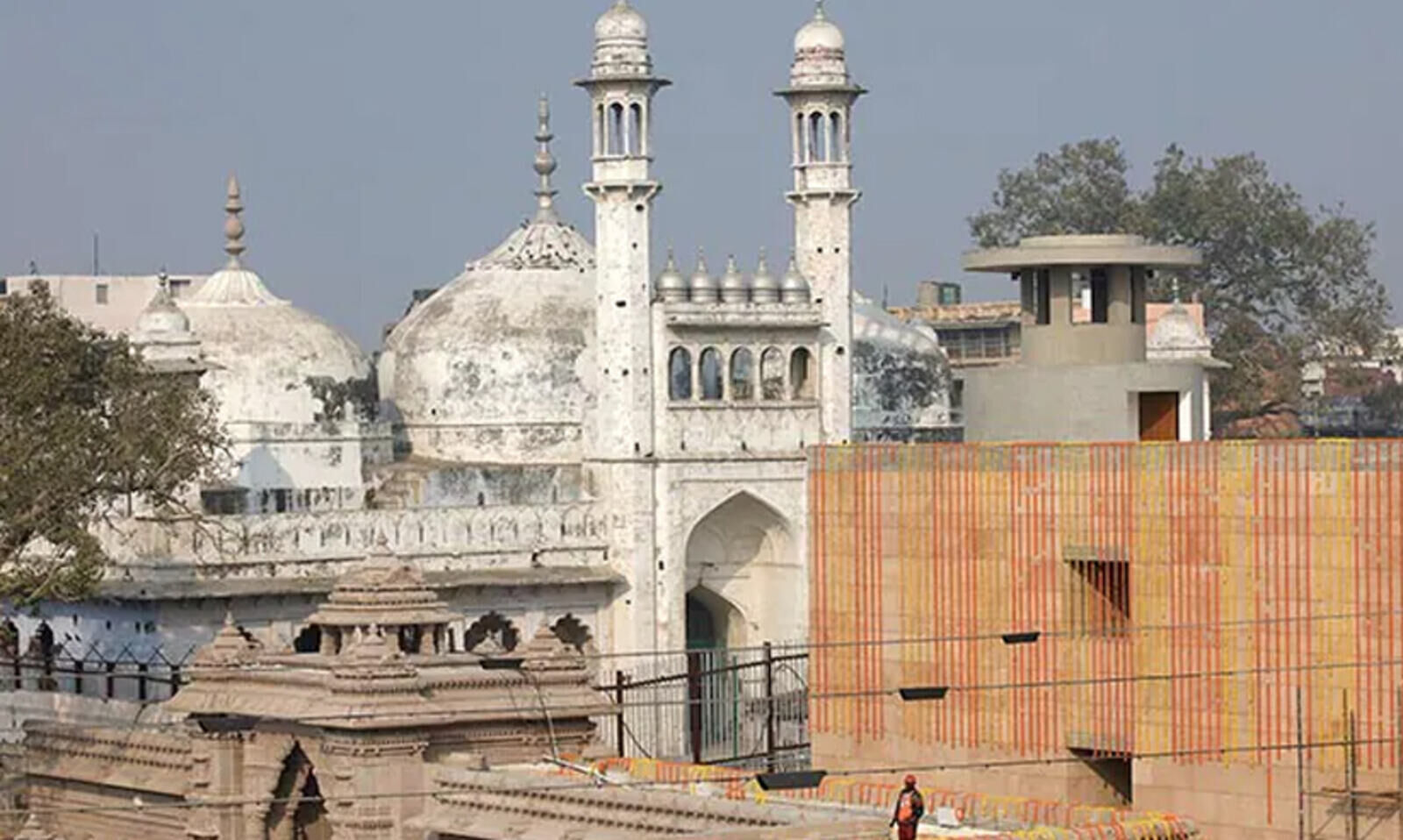Wrongful undoing?

Commonality of history has long been considered as a uniting force, but the same can be colored to divide people hundreds of years after the events actually unfolded. Gyanvapi controversy finds its root in what Aurangzeb — a Muslim ruler — did to some Hindu worship places in the 17th century. In the course of its evolution, human civilization has reached a beautiful point where people offer namaz and worship deities inside common premises — including that of Gyanvapi. This represents the triumph of human civilisation — their ability to coexist together in harmony. In their fabricated endeavor of correcting the historical wrongs by targeting a particular community and its places of worship, certain groups may be undoing this triumph, morally. Being marred into controversy since 1937, the Gyanvapi conundrum came into the legal ambit in 1991 — when a group of priests sought legal permission to worship in the Masjid area which was allegedly built by replacing a portion of Kashi Vishwanath Mandir in the 17th century. Recently, in August 2021, a similar claim was made by a group of Hindu women who sought permission to worship a particular deity in the mosque area. Further, after a controversial videographic survey by a court-appointed committee within the mosque premises, and the leaked footage claiming the existence of a Shivalinga, the matter eventually reached the Supreme Court of India. In order to maintain a 'balance', the Supreme Court Bench comprising Justices DY Chandrachud and PS Narasimha restricted an order passed by a trial judge, stating that "the District Magistrate of Varanasi shall ensure that the area where the Shivalinga is stated to have been found, as indicated in the order, shall be duly protected." Earlier, the trial judge order had, allowing application filed by the plaintiff, directed to seal the spot where the Shivalinga was reported to be found. Ironically, the report is not yet revealed formally and the commissioner responsible for the leaked finding has been replaced. Stating that "if a Shivalinga is found, we have to maintain a balance", the Supreme Court bench allowed the namaz practice to continue in the mosque but shed very little clarity on the practice of wazu (an ablution process that precedes the namaz). Interestingly, the Shivalinga is reported to have been found in the wazukhana of the mosque. Solicitor General Tushar Mehta — appearing for the UP government — apprehended that "if someone goes there (wazukhana) and touches (the Shivalinga) with feet, there will be 'law and order problem". It must be noted here that the evidence of the Shivalinga is unsubstantiated yet because the final report is not submitted and even the public opinion is protracted whether the structure in the leaked video is Shivalinga or a fountain. Unfortunately, our democratic secularism has reached a point where religious sentiments influence state action and even legal proceedings. On the legal front, the Masjid Committee has been time and again reiterating that both the suits filed in 1991 and 2021 are inconsistent with the provisions of Places of Worship (Special Provisions) Act, 1991 — which states that religious character of a worship place, as on August 15, 1947, can't be altered. In a parallel case, a Varanasi court is set to hear a petition filed by a group of Hindu women — seeking the demolition of a basement wall of the wazukhana to dig out more details about the Shivalinga. Is it even allowed under the Places of Worship (Special Provisions) Act, 1991? It would be interesting to watch how courts deal with these matters. Religion has unarguably emerged as a dominant force — paradoxically — in the 21st-century secular India. It has become quite difficult to differentiate whether the religious sentiments of people are affecting the state's business or whether the state's obsession with religion is trickling down to the people. Whatever be the case, the truth of the moment is that secularism, a basic tenet of Indian Constitution, has gone for a toss. It is time for a collective introspection where will our mad rush of 'undoing' the 'historical wrongs' lead us to? Amid all this, it is hoped that the Supreme Court will stick to comprehensive legal interpretation in dealing with the case as it hears the matter in future.



